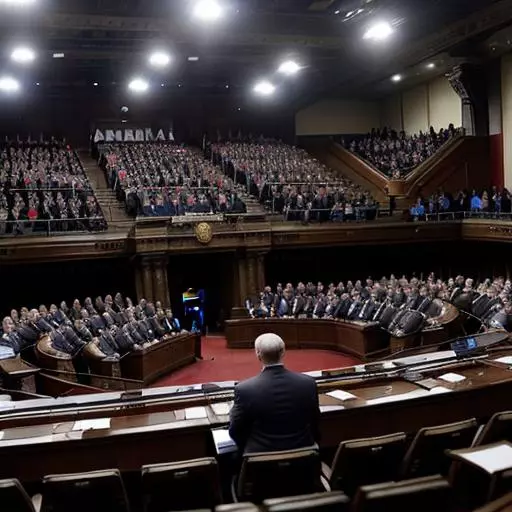Introduction
In the tumultuous arena of politics, unexpected crises are an unfortunate but undeniable reality. Whether it’s a scandal, a natural disaster, a public health emergency, or any other unforeseen event, political leaders and organizations must be prepared to respond swiftly and effectively. This is where crisis management in politics becomes indispensable. In this blog post, we’ll explore the significance of crisis management in the political landscape and why it is essential for maintaining trust and credibility.
- Preserving Public Trust Politics, at its core, relies on the trust of the people. Elected officials and political entities are entrusted with the responsibility of making decisions that impact the lives of their constituents. In times of crisis, the public looks to these leaders for guidance and assurance. Crisis Management in Action: A well-executed crisis management strategy can help maintain public trust by demonstrating leadership, transparency, and accountability. Effective communication during a crisis assures the public that their concerns are being heard and addressed.
- Mitigating Damage to Reputation A political career or organization’s reputation can take years to build but can be irreparably damaged in mere moments. Crises, whether real or perceived, have the potential to tarnish reputations and erode public support. Crisis Management in Action: Political leaders and organizations that have a well-defined crisis management plan can swiftly address issues, clarify facts, and contain the damage. Proactive responses can help mitigate reputational harm and minimize the long-term impact.
- Maintaining Policy and Governance Focus A crisis can easily divert attention and resources away from essential policy matters and governance. Effective crisis management ensures that leaders and their teams can address the crisis without neglecting their primary responsibilities. Crisis Management in Action: By having a crisis management plan in place, political leaders can delegate responsibilities to crisis response teams, allowing them to focus on their core duties while experts handle the crisis.
- Preventing Escalation Neglecting a crisis or responding inadequately can allow it to escalate, potentially causing further harm and chaos. Timely and strategic intervention is vital to prevent a crisis from spiraling out of control. Crisis Management in Action: Crisis management plans often include protocols for early detection and rapid response. These measures can help contain a crisis in its early stages, reducing its impact and duration.
- Adapting to a Changing Landscape The political landscape is constantly evolving, and crises can take on new forms, from social media-driven controversies to cybersecurity threats. A comprehensive crisis management strategy must be adaptable and prepared for emerging challenges. Crisis Management in Action: Ongoing training, scenario planning, and a commitment to staying informed about evolving threats are key components of effective crisis management. Political entities that are proactive in their approach can better navigate an ever-changing environment.
Conclusion
In the world of politics, where public opinion is paramount and the stakes are high, crisis management is not a luxury; it is a necessity. The ability to respond swiftly, decisively, and transparently to crises can mean the difference between recovering from a setback and suffering long-term damage.
Political leaders and organizations that prioritize crisis management demonstrate their commitment to the public, their constituents, and their mission. They recognize that crises are not just obstacles but opportunities to display leadership, integrity, and resilience. As the political landscape continues to evolve, the importance of crisis management in politics remains as critical as ever, ensuring that leaders can navigate the stormy seas of uncertainty with skill and grace, ultimately preserving trust, reputation, and effective governance.

